The Utah Jazz on Tuesday confirmed that they finished a trade with the Cleveland Cavaliers by sending Dante Exum, a 2022 second-round pick (from the San Antonio Spurs) and a 2023 second-rounder pick (from the Golden State Warriors) to the Cavaliers in exchange for Jordan Clarkson.
It put an end to the 165-day-long trade silence of the league since the Oklahoma City Thunder and the Houston Rockets exchanged Russell Westbrook and Chris Paul.
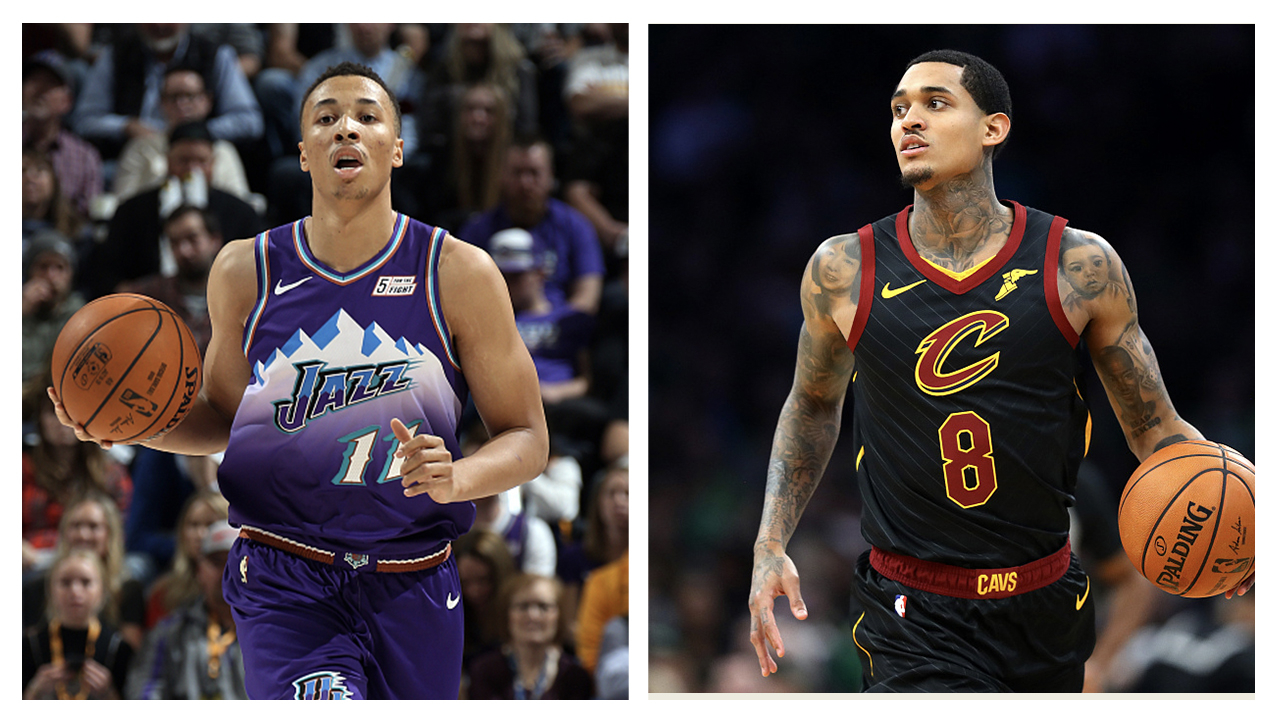
Dante Exum (L) and Jordan Clarkson (R) are traded by their teams, the Utah Jazz and the Cleveland Cavaliers, to each other.
Dante Exum (L) and Jordan Clarkson (R) are traded by their teams, the Utah Jazz and the Cleveland Cavaliers, to each other.
Clarkson was never part of Cleveland's future plan and getting rid of him will help create more cap space. Besides, Clarkson's expiring contract means that if the team does not trade him now, he will leave as a free agent next summer. It is hard to imagine that Clarkson will stay in Cleveland with an acceptable price for both sides.
Things are more complicated on Utah's side. Taking in Clarkson's one-year contract will relieve their salary pressure next summer so they will have more scope to operate. Moreover, though Exum was a talented young man when he joined the NBA in 2014, he only played 56 games in the previous two seasons and 11 in this season for Utah – staying healthy seemed unlikely for him.
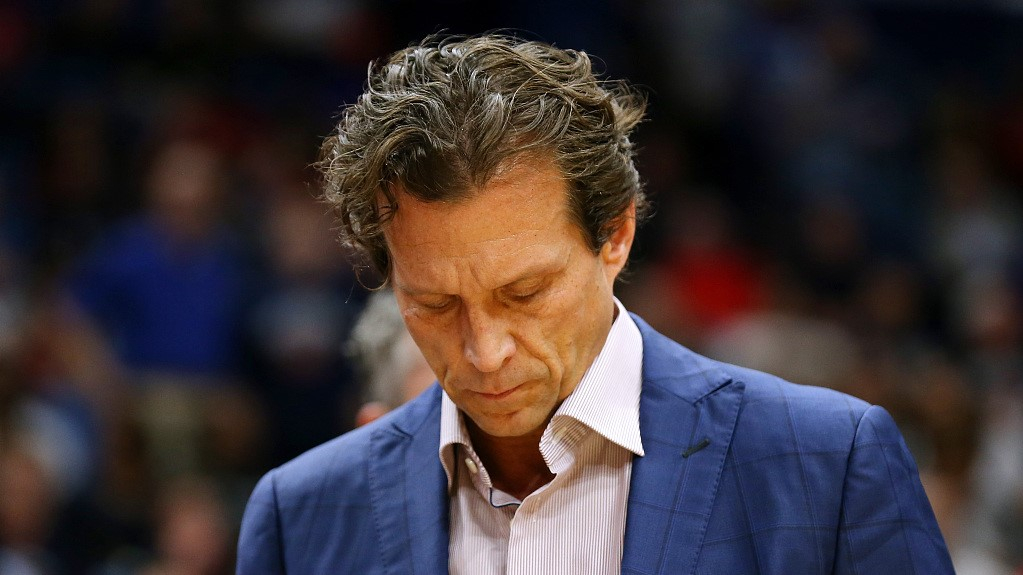
Quinn Snyder, head coach of the Utah Jazz
Quinn Snyder, head coach of the Utah Jazz
However, the Jazz have more reasons to make, or more specifically, bet on the deal. Before the 2019-20 season began, they landed Mike Conley, signed Bojan Bogdanovic and seemed ready to chase the championship instead of aiming for conference finals.
Now that they played 30 games and ranked only No. 6 in the west, you understand why they only "seemed" ready.
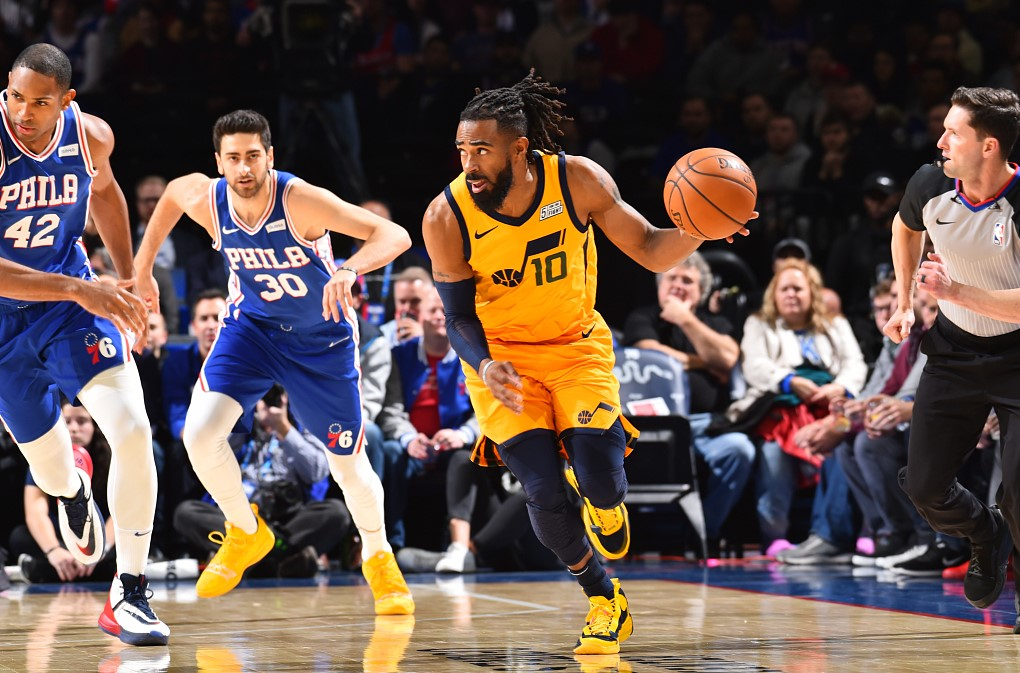
Mike Conley #10 of the Utah Jazz handles the ball in the game against the Philadelphia 76ers at the Wells Fargo Center in Philadelphia, Pennsylvania, December 2, 2019.
Mike Conley #10 of the Utah Jazz handles the ball in the game against the Philadelphia 76ers at the Wells Fargo Center in Philadelphia, Pennsylvania, December 2, 2019.
One of the major reasons behind Utah's underperformance was that their new employers failed to meet expectations. Mike Conley seemed lost offensively; Ed Davis and Jeff Green kept making negative contributions on the court. Furthermore, the team lacked qualified power forwards.
More importantly, the Jazz lost the foundation of their offense – smooth ball-sharing. Though somehow they raised their 3-point rate to the league's top 39.4 percent, the team watched their offensive rating fall to No. 21. The Jazz used to be always able to find open corner teammates on the 3-point line or passed the ball to Rudy Gobert under the rim for an easy dunk. Nonetheless, that ball-passing teamwork system ceased to work, leaving their players only one choice: endless, inefficient isolation play.
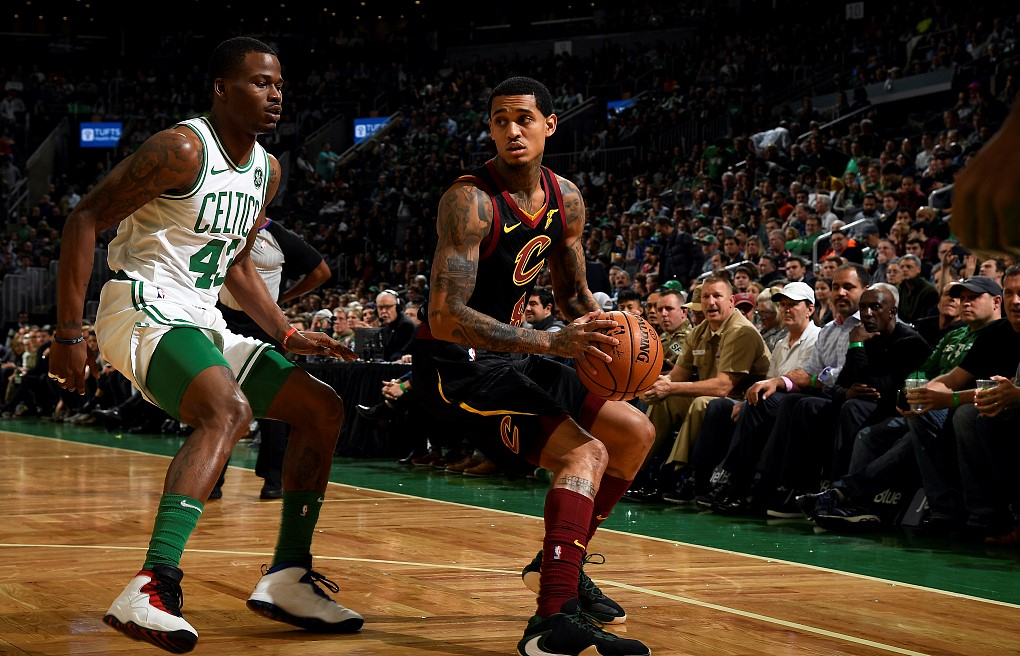
Jordan Clarkson (R) tries to slash in the game against the Boston Celtics at the TD Garden in Boston, Massachusetts, December 9, 2019.
Jordan Clarkson (R) tries to slash in the game against the Boston Celtics at the TD Garden in Boston, Massachusetts, December 9, 2019.
Then, is Clarkson the solution? Absolutely not.
What has Clarkson been known for? Scoring off the bench. What is his weakness? Orchestrating and defense. The Jazz already have Donovan Mitchell who suddenly falls in love with pull-up perimeter shots and floaters; Bogdanovic who is more interested in putting the ball through the hoop; and Emmanuel Mudiay who is not a good passer. Do they really want to add a player like Clarkson to the team's roster?
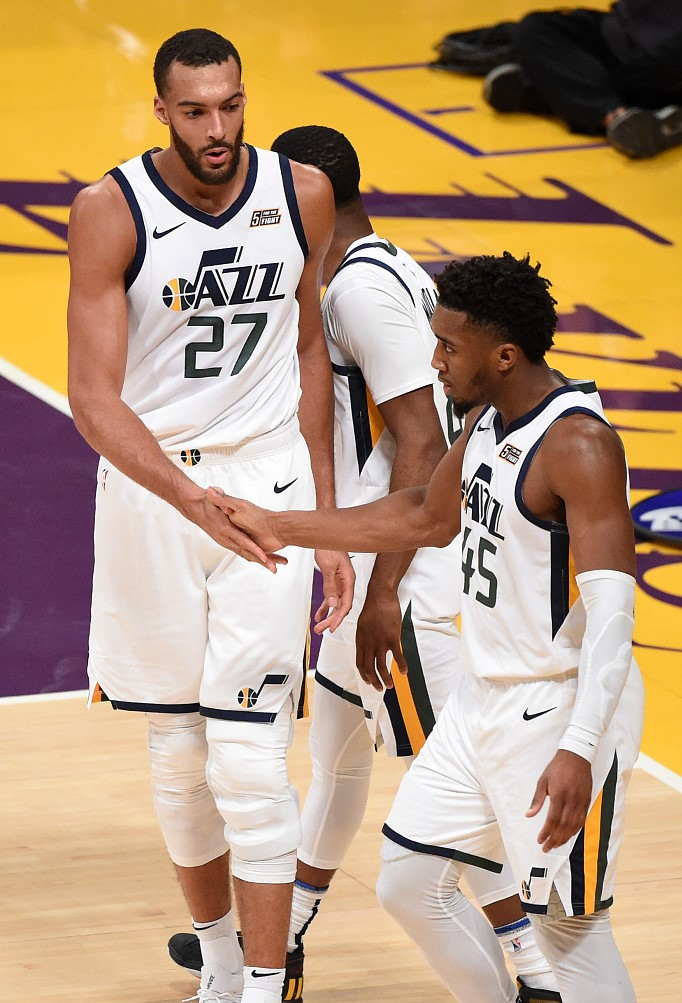
Rudy Gobert #27 and Donovan Mitchell #45 of the Utah Jazz communicate with each other in the game against the Los Angeles Lakers at the Staples Center in Los Angeles, California, October 25, 2019.
Rudy Gobert #27 and Donovan Mitchell #45 of the Utah Jazz communicate with each other in the game against the Los Angeles Lakers at the Staples Center in Los Angeles, California, October 25, 2019.
Perhaps they have no choice. One of the reasons that Utah made so many moves this summer was they could not afford to wait. Gobert is 27 years old and has maybe two years left of his peak, considering his medical record. Mitchell's rookie contract will end in 2022 and the team should be offering him extension next summer. This means the Jazz only have these two years as their best time to go for championship so they have to take the opportunity at whatever cost.
Maybe Clarkson will work; maybe Exum will prove Utah wrong; maybe the team will trade Conley. Whatever the Jazz choose to do next, it will only be a bigger bet.